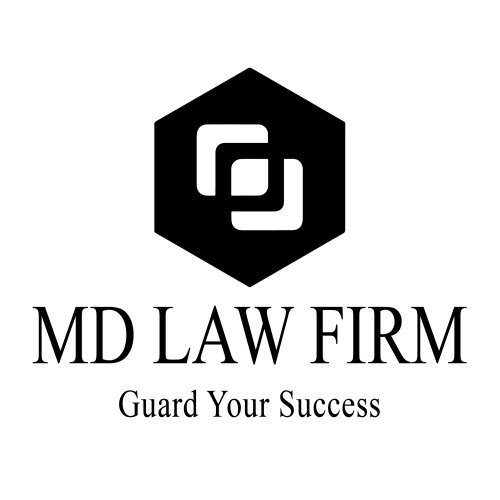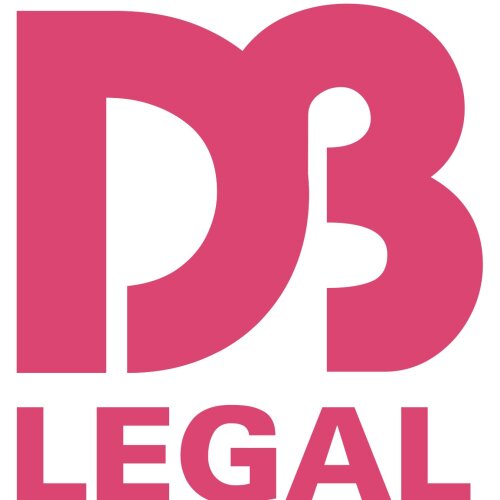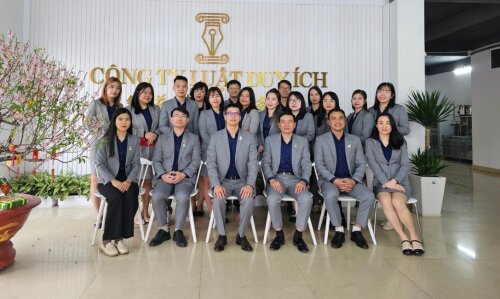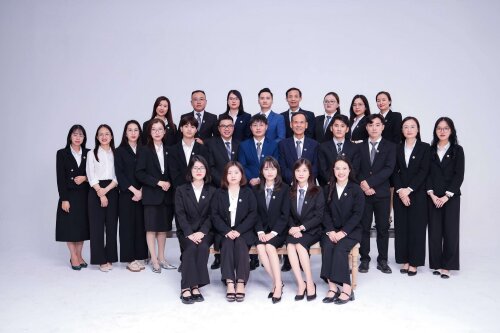Best Child Abuse Lawyers in Da Nang
Share your needs with us, get contacted by law firms.
Free. Takes 2 min.
Free Guide to Hiring a Family Lawyer
List of the best lawyers in Da Nang, Vietnam
About Child Abuse Law in Da Nang, Vietnam:
Child abuse is a disturbing reality worldwide, including in Da Nang, Vietnam. As a crime it is defined as any action that harms or threatens to harm a child's physical or psychological health, developmental or dignity in the context of a relationship of responsibility, trust or power. Child abuse covers several forms, including physical, sexual, emotional abuse or neglect. Vietnamese law has universal child protection laws such as the "Child Protection, Care and Education Law," revised in 2016 that defines legal actions, processes and measures for child protection.
Why You May Need a Lawyer:
Legal advice becomes necessary in a variety of situations related to child abuse. You may need a lawyer if you are a suspected victim, or if you believe that a child you know may be the victim of abuse. Also, you might require legal assistance if you were falsely accused of child abuse, for understanding the mechanism of reporting child abuse cases, or to navigate through the legal processes involved in child custody or adoption cases where abusive situations are concerned.
Local Laws Overview:
Child abuse in any form has criminal implications in Vietnam. As per Article 7 of legislative decree 71/2001/ND-CP, the obligations of Vietnamese citizens, including foreigners living in Vietnam, to report any known cases of child abuse to child protection service providers, local women's unions or the police. The Children’s Law of 2016 laid a legal framework to protect children from four types of harm, including infliction of bodily harm, humiliation and abuse, sexual and economic exploitation.
Frequently Asked Questions:
What constitutes child abuse?
Child abuse is characterized as any form of harm or threat of harm to a child's well-being. It can be physical, sexual, emotional and also includes neglect.
Who should report if child abuse is suspected?
Anyone who suspects child abuse is legally obligated to report it to child protective services, women's unions, or the police.
What are the penalties for child abuse?
Punishment will vary depending on the severity of the offense but can range from imprisonment to fines, as well as a potential loss of parental rights.
Could a person be falsely accused of child abuse?
Yes, false accusations can occur. Anyone falsely accused of child abuse should immediately seek legal counsel to understand their rights and obligations.
What happens if you do not report noticed child abuse?
Failure to report noticed child abuse could lead to legal consequences, as legislated by Decree 71/2001/ND-CP in Vietnam.
Additional Resources:
The Ministry of Labour, Invalids and Social Affairs (MOLISA) and Department of Child Affairs (DCA) are pivotal organizations concerned with the welfare of children in Vietnam. Additionally, NGOs like Save the Children, ChildFund Vietnam are actively working against child abuse and could be valuable resources.
Next Steps:
If you or someone you know is dealing with child abuse, it's imperative to report it to the local police, social service agencies, or a child protection organization. If facing legal complications related to child abuse, such as a false accusation or issues with custody, you should immediately consult with a legal professional experienced in child abuse law in Vietnam.
Lawzana helps you find the best lawyers and law firms in Da Nang through a curated and pre-screened list of qualified legal professionals. Our platform offers rankings and detailed profiles of attorneys and law firms, allowing you to compare based on practice areas, including Child Abuse, experience, and client feedback.
Each profile includes a description of the firm's areas of practice, client reviews, team members and partners, year of establishment, spoken languages, office locations, contact information, social media presence, and any published articles or resources. Most firms on our platform speak English and are experienced in both local and international legal matters.
Get a quote from top-rated law firms in Da Nang, Vietnam — quickly, securely, and without unnecessary hassle.
Disclaimer:
The information provided on this page is for general informational purposes only and does not constitute legal advice. While we strive to ensure the accuracy and relevance of the content, legal information may change over time, and interpretations of the law can vary. You should always consult with a qualified legal professional for advice specific to your situation.
We disclaim all liability for actions taken or not taken based on the content of this page. If you believe any information is incorrect or outdated, please contact us, and we will review and update it where appropriate.













